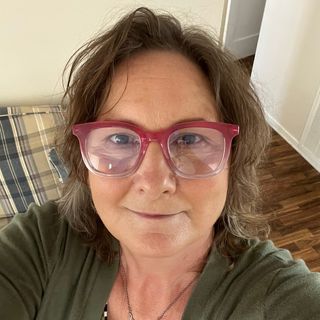 Submitted by Pietro Valdastri on August 27th, 2015
Submitted by Pietro Valdastri on August 27th, 2015
CALL FOR WORKSHOP AND TUTORIAL PROPOSALS
Cyber-Physical Systems Week (CPS Week)
April 11-14, 2016 | Vienna, Austria | http://www.cpsweek.org/2016/
CPS Week is the premier event on Cyber-Physical Systems. It brings together four top conferences, HSCC, ICCPS, IPSN, and RTAS, 10-15 workshops, a localization competition, tutorials, and various exhibitions from both industry and academia. Altogether the CPS Week program covers a multitude of complementary aspects of CPS, and reunites the leading researchers in this dynamic field. CPS Week 2016 in Vienna, Austria, will host 10-15 workshops (subject to room availability) and 2-3 tutorials on Monday April 11 and is soliciting proposals for new and recurring workshops as well as for tutorials. CPS Week workshops are excellent opportunities to bring together researchers and practitioners from different communities to share their experiences in an interactive atmosphere and to foster collaboration for new and innovative projects. We invite you to submit workshop proposals on any topic related to the broad set of research, education, and application areas in cyber-physical systems.
Guidelines for workshop proposals:
Proposals should be submitted at the latest by *** October 1, 2015 ***
A workshop proposal consists of a 2-page maximum PDF file, including the following information:
- A concise title of the workshop
- Description of the topics and specific issues that the workshop will address, how the workshop complements CPS Week conferences and why the workshop theme is relevant
- Expected format of the workshop (regular paper presentations, poster presentations, invited talks, panel discussions, demo sessions, or other ideas to promote active exchange of ideas)
- Organizers with short bio, affiliation, and their expertise in the proposed topic(s)
- In case the workshop has been previously held, provide information to show that the previous edition(s) were successful in terms of paper submissions and/or attendance. Links to past workshop editions would be very helpful too.
- Length of the workshop (half-day/one-day) and the expected number of participants
- Follow-up plans (if any) to disseminate the ideas from the workshop, for example through proceedings or journal special issue
Please submit your workshop proposal by email to the workshop and tutorial chairsChristoph Kirsch (ck@cs.uni-salzburg.at) and Ana Sokolova (anas@cs.uni-salzburg.at). Please write “[CPSWeek 2016] Workshop Proposal" in the e-mail subject line.
Guidelines for tutorial proposals:
Proposals should be submitted at the latest by *** October 1, 2015 ***
A proposal consists of a 2-page maximum PDF file, including the following information on the tutorial program:
- The title and abstract of the tutorial
- An outline of tutorial content and objectives
- Prerequisite knowledge
- Organizers/Speakers with short bio, affiliation, and their expertise in the proposed topic(s)
- In case the tutorial has been previously held, include information on the last tutorial of the same topic held within CPS Week or other conferences such as the year it was held and the number of attendees. A link to past tutorial would be very helpful too.
- We envision tutorials to last for 3 hours.
Please submit your tutorial proposal by email to the workshop and tutorial chairs, Christoph Kirsch (ck@cs.uni-salzburg.at) and Ana Sokolova (anas@cs.uni-salzburg.at). Please write “[CPSWeek 2016] Tutorial Proposal" in the e-mail subject line.
————————————————————————————————————
Notification of acceptance *** October 15, 2015 ***
————————————————————————————————————
 Submitted by Amy Karns on June 30th, 2015
Submitted by Amy Karns on June 30th, 2015
JULY 2015 | VOL. 58 | NO. 7 | COMMUNICATIONS OF THE ACM | Vijay Kumar and Thomas A. Kalil